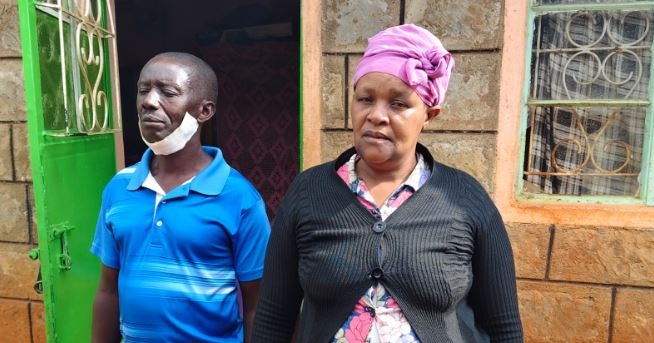The Kenya Ports Authority on Friday won in a Sh78 million tax dispute against the Kenya Revenue Authority.
The case revolved around income related to the Mombasa Port Development Project (MPDP) II.
The dispute arose from consulting services provided to Japan Port Consultants Ltd, which were funded by the Japan International Cooperation Agency under the MPDP II.
The Mombasa Port Development Project was initiated as part of a loan agreement between Japan and Kenya, signed in December 2007.
The loan, amounting to JPY26,711,000,000 was extended to Kenya by the Japan Bank for International Cooperation.
According to the terms of the agreement, the Japan Bank for International Cooperation, along with contractors, suppliers, consultants and employees of Japanese companies involved, were exempt from all fiscal levies, taxes and duties on income derived within Kenya during the implementation of MPDP Phases I and II.
Despite this, KRA's Commissioner of Domestic Taxes demanded Sh78,533,571 in withholding tax on income associated with the MPDP II project.
In June 2023, KRA assessed the income earned by Japan Port Consultants Ltd (JPCL) for 2020-22, concluding that the sum, which included penalties and interest, was subject to withholding tax as income of a non-resident accrued and derived in Kenya.
On August 8, 2023, KPA appealed KRA’s decision at the Tax Appeals Tribunal.
KPA argued that KRA had erred in law, as another treaty between Kenya and Japan, signed on January 16, 2015, had exempted JICA, contractors, companies, suppliers, consultants and employees of Japanese companies from all fiscal levies, taxes and duties on income derived within Kenya during the implementation of MPDP Phase II.
KPA also contended that KRA incorrectly calculated withholding tax assessments, asserting that KPA had not made any payments to JPCL for the services provided and was, therefore, unable to deduct the tax.
On Friday, August 23, 2024, a five-member Tax Appeals Tribunal, chaired by Eric Nyongesa, ruled in favour of KPA.
The tribunal stated that withholding tax should only be deducted at the point of actual payment by the entity making the payment, as outlined in section 35 of the Income Tax Act.
Since KPA was not the entity making the payments, the tribunal found it was not obligated to withhold any tax.
The tribunal highlighted there was no legal requirement for KPA to instruct a foreign non-resident development partner to deduct income tax on payments to a non-resident contractor.
It noted there was no mechanism for KPA to withhold tax on funds paid directly to non-resident contractor by the non-resident development partner.
As a result, the tribunal concluded that KRA's imposition of a withholding tax assessment amounting to Sh78,533,571 (Sh25,582,365 for 2020, Sh20,536,243 for 2021 and Sh32,414,864 for 2022) on KPA was unjustified and unsupported by the facts.
“The tribunal agrees with the appellant that there was no practical way for the appellant to withhold tax on money paid directly to the non-resident contractor from the non-resident development partner," the 28-page judgment reads.
Consequently, the tribunal ruled that KRA’s Commissioner of Domestic Taxes was not justified in raising the withholding tax assessment on KPA.
The bench, comprising Nyongesa, Cynthia Mayaka, Dr Rodney Oluoch, Abraham Kiprotich and Dr Timothy Vikiru, allowed the appeal in favour of KPA.
“The upshot of the foregoing analysis is that the appeal is merited. Consequently, the appeal be and is hereby allowed,” the bench ruled.












